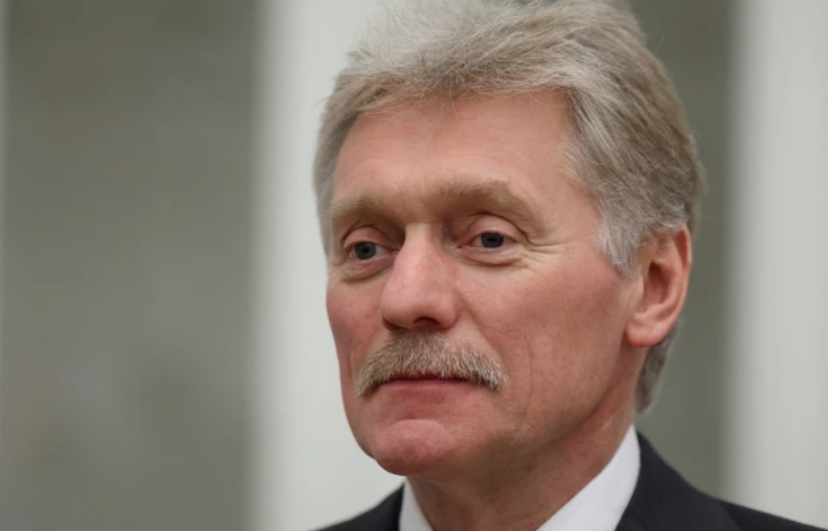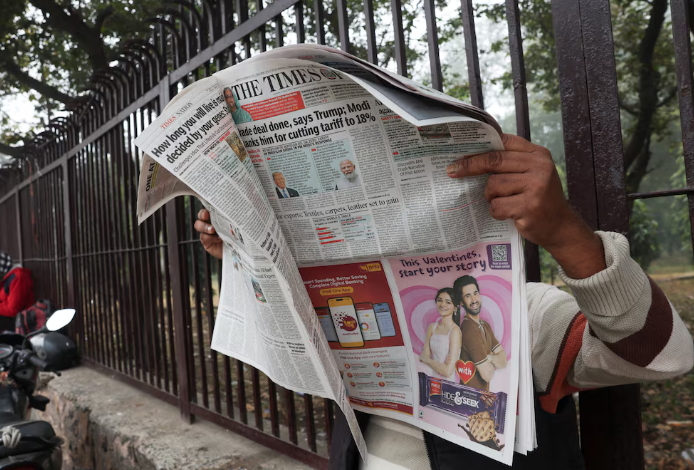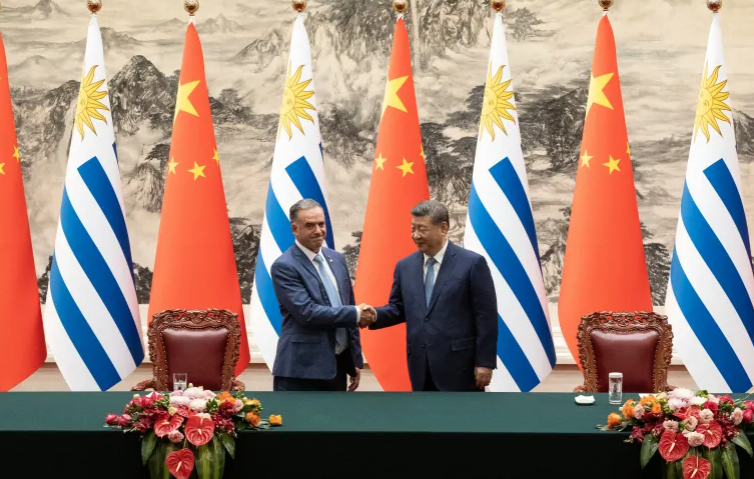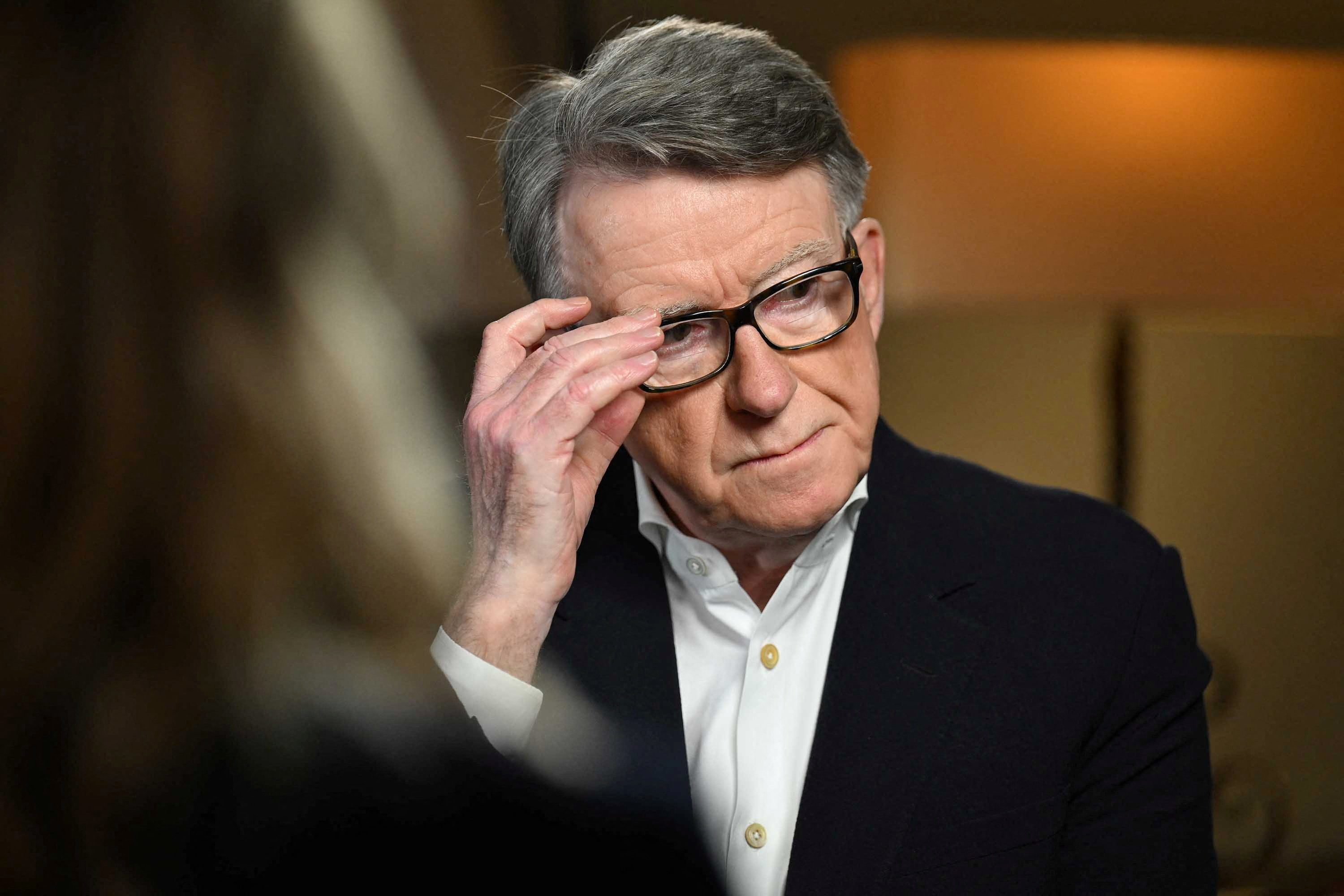WORLD NEWS
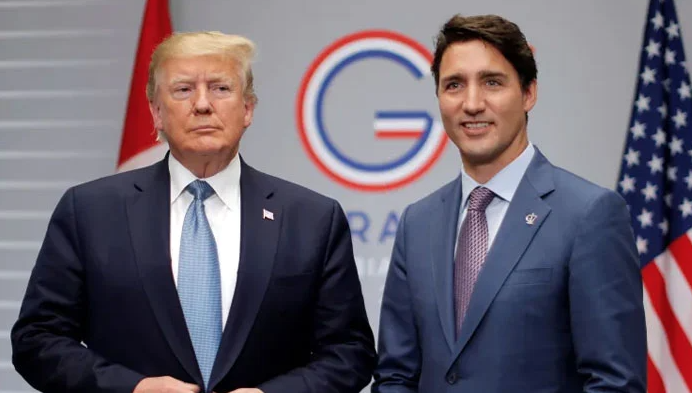
Canadian Prime Minister Justin Trudeau has firmly rejected U.S. President-elect Donald Trump’s suggestion that Canada should become the 51st state of the United States. Trump had raised the possibility of integrating Canada into the U.S. as a state while simultaneously threatening to impose a hefty 25% tariff on goods imported from Canada.
During a press conference on January 5, 2025, Trudeau responded robustly to Trump’s controversial remarks, stating that “Canada will not be integrated into the U.S. until the end of time.” The Canadian Prime Minister emphasized that the country is a proud, sovereign nation, and it will not bow to external pressure or threats.
In support of Trudeau’s stance, Canadian Foreign Minister Melanie Joly also condemned Trump’s statement, calling it an expression of the U.S. President-elect’s "lack of understanding" of Canada's economic and geopolitical strength. Joly stressed that Canada has always maintained an independent foreign policy and that it will continue to resist any attempt to undermine its autonomy.
"Canada is a great sovereign country, and no amount of pressure will change that,” Joly added.
Trump’s remarks were made public just days before his official inauguration as the 47th President of the United States. His statement has sparked widespread criticism across Canada, with political leaders, business groups, and citizens alike rejecting the suggestion. Many see this as an infringement on the national identity and sovereignty of Canada.
In response to Trump’s proposed tariffs, the Canadian government has vowed to protect Canadian businesses and citizens. Canadian businesses, particularly in agriculture and manufacturing, have expressed concern that such tariffs would damage the historically strong trade relations between the two countries.
Conservative opposition leader, Pierre Poilievre, also weighed in on the issue, reinforcing Trudeau’s message. Poilievre called Trump’s remarks “reckless” and reiterated that Canada will remain an independent nation, resolute in its pursuit of national interests.
The political drama comes at a time of significant uncertainty for the Trudeau government, as the Prime Minister recently announced his decision to step down from his position following a leadership transition in the ruling Liberal Party. Trudeau confirmed on January 6 that he would step down after the party elects a new leader, bringing additional political challenges to Canada’s diplomatic efforts.
This exchange highlights the ongoing tensions between Canada and the U.S. under Trump’s presidency. As the political landscape shifts, both countries are expected to navigate a complex relationship that balances trade, security, and sovereignty concerns.
